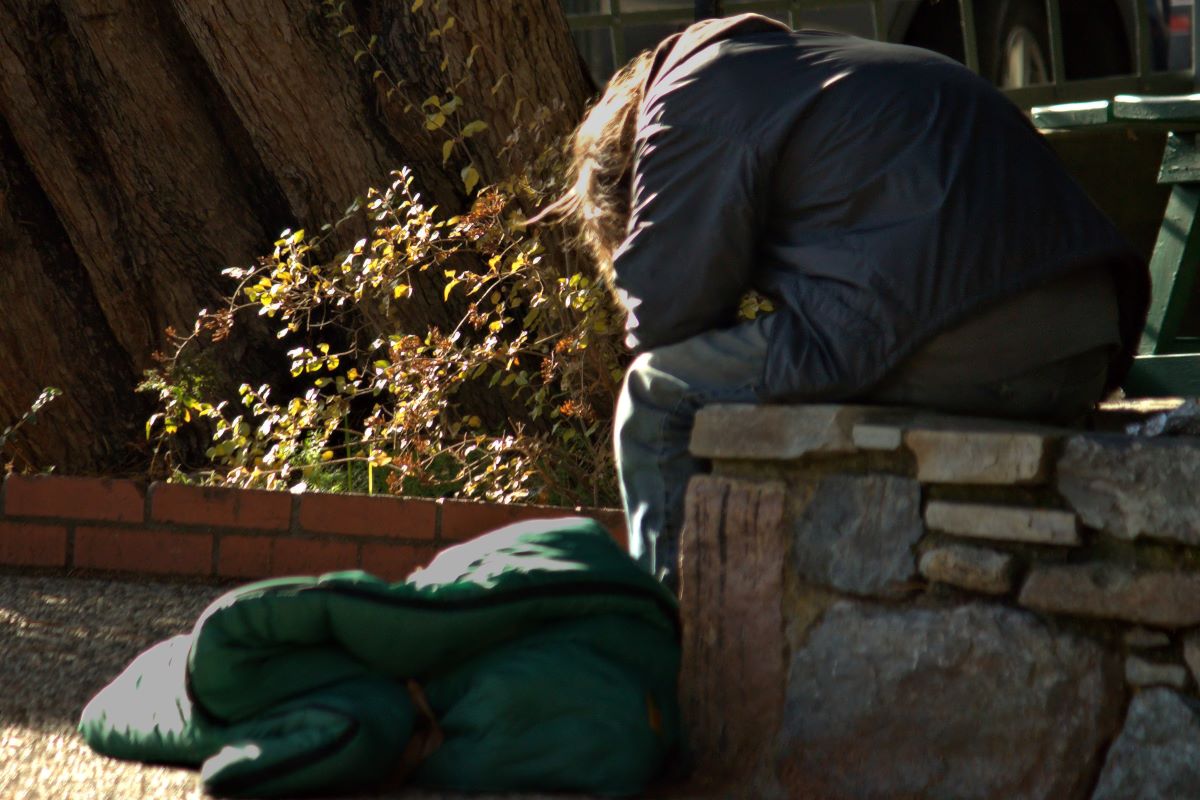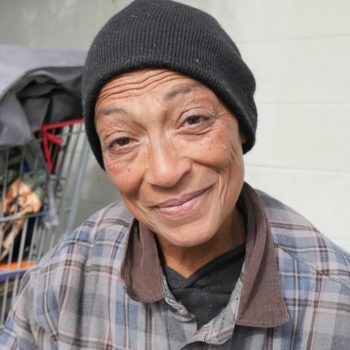American society routinely stigmatizes homeless and mentally ill people as “the homeless” and “the mentally ill.”
Please don’t do that.
As the late and legendary folksinger, war veteran, union activist and homeless advocate U. Utah Phillips said, “They are not the other. They are us.”
We are not objects to be pitied, despised or shunned. We are people. Just like you.
Don’t “otherize” us. Don’t make us different from you. Call us homeless people, people experiencing homelessness, homeless citizens, homeless neighbors or even homeless assholes, if you are so inclined. Just don’t call us “the homeless.”
Don’t deny our humanity.
None of us sets out to be homeless. It’s not like it’s a choice. And even if it was a choice, it’s because the alternative was worse.
Like domestic violence. I left two emotionally violent women.* One of them even tried to provoke me into hitting her.
So yeah, I’d rather live in my truck.
It’s not a disease
As for the mentally ill, let’s get one thing straight: It’s not a disease. We’re not contagious.
We have psycho-affective disorders. Personally, I’ve been diagnosed as bipolar with three aspects of borderline personality disorder (passive-aggressive, avoidant and schizophrenic). Piling it on, they’ve told me I have childhood PTSD and ADHD.
Still, most people think I’m a pretty nice guy who is a passing fair writer, editor and photographer. Too bad I fall down the rabbit hole sometimes, but I try not to take anybody down with me. It’s a very private hell.
And let’s get one more thing straight: We’re not dangerous.
We’re just as scared of crazed gunmen as everybody else.
More guns just make the overall problem worse.
“The scary truth is that ordinary human hatred and aggression are far more dangerous than any psychiatric illness,” according to psychiatrist Richard A. Friedman.
Writing in the Aug. 8, 2019, edition of the New York Times, Friedman stated, “In fact, mental illness contributes to about 3 percent of violent crime in America.”
In other words, we are not the problem. Guns are the problem. IMHO.
If I wanted to, I could buy a gun. I could easily pass a background check, and nothing I’ve ever written would red flag me.
The reason I don’t own a gun is because I’d probably kill myself with it. Too easy. So, for me, not owning a gun is a pretty mentally healthy decision.
Destigmatization
About a year ago, I “came out” as chronically homeless and mentally disordered. I am committed to changing public misperceptions and prejudice against us.
I have the ability to speak on behalf of those who can’t. That is something I feel I’m supposed to do, perhaps even destined to do.
That’s why I write for Invisible People.
Peace out.
Writer’s note: *I’ve never been physically abused. I just grew up in an emotionally violent home and lived with two vicious women. (I love women. Just not those two.) I am still amazed that every physically abused woman and man I’ve ever talked with has said the emotional violence was worse. I don’t know. What I do know is sometimes homelessness is better.













